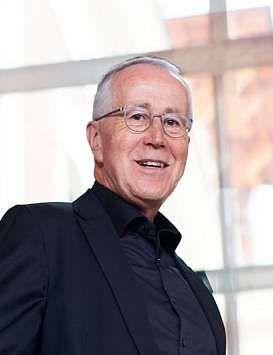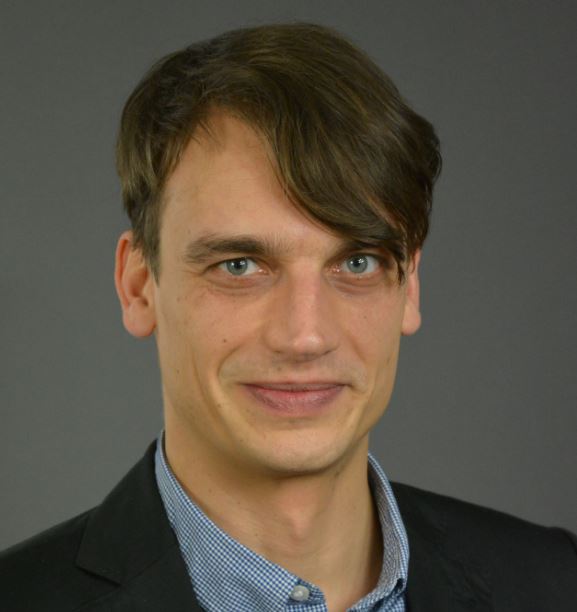In Austria the agenda of Future Earth is in the hands of the National Committee for Global Change. The National Committee is representing Austria in several international research programs, cooperation programs and networks, including for example the World Climate Research Program, Future Earth, Belmont Forum, the International Scientific Committee on Research in the Alps (ISCAR) and Long Term Ecosystem Research (LTER).
The research foci of the National Committee for Global Change include global change in all its facets, mountain research, geogenic risks, environmental security and the long-term monitoring of ecosystems. In addition to the funding awarded by ESS (Earth System Sciences; see below) calls for projects, the National Committee also provides funding for smaller research projects, such as pilot projects opening up new fields of research, for research excursions or expeditions.
Since 2011 National Committee for Global Change is part of the research structure “Earth System Sciences (ESS)”. ESS, an initiative of the Austrian Academy of Sciences (ÖAW), financed by the Federal Ministry of Education, Science and Research (BMBWF), aims at studying the physical, chemical, hydrological, biological, social, technological and economic processes of the Earth System and their interaction. ESS forms an intersection between Austrian science and international research and is involved in international research and cooperation programs (e.g. UNESCO´s MAB, IGCP and IHP programmes, WCRP, UNISDR, LTER, ISCAR, Future Earth, Belmont Forum) through its three National Committees Global Change, Geo/Hydro-Sciences, and Man and the Biosphere (MAB). These NCs, made up of renowned scientists and representatives of several ministries and federal organizations, monitor the Austrian research scene, analyse its strengths and knowledge gaps and work out targeted new research foci.
ESS seeks to research the Earth as a system, presently against the background of the UN Sustainable Development Goals (SDGs). To complement its existing funding profile, this program supports inter- and transdisciplinary projects on topics on which very little research currently exists and which represent pioneering areas of research. Consideration is also be given to high-risk-high-potential projects.
The featured image at the top of the page is from the award book “Planet Austria,” which presents important research projects funded by the national committees of the Austrian Academy of Sciences. The picture shows a research station of the University of Innsbruck, at a small high mountain lake named Gossenköllesee – @Edition Lammerhuber (Baden, Austria).
Contact

Verena Winiwarter
Austrian Academy of Sciences

Roland Psenner
Vice Chair, University of Innsbruck
